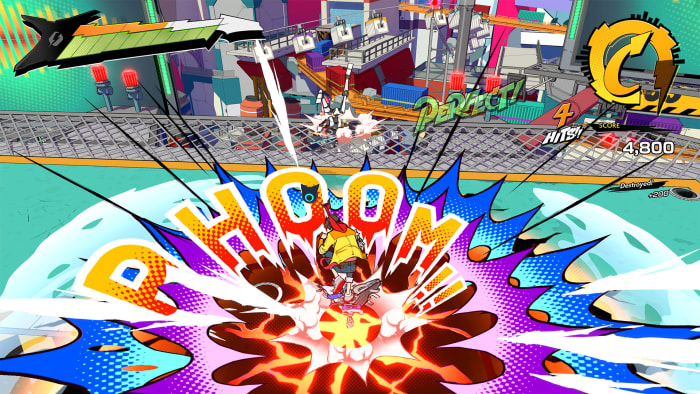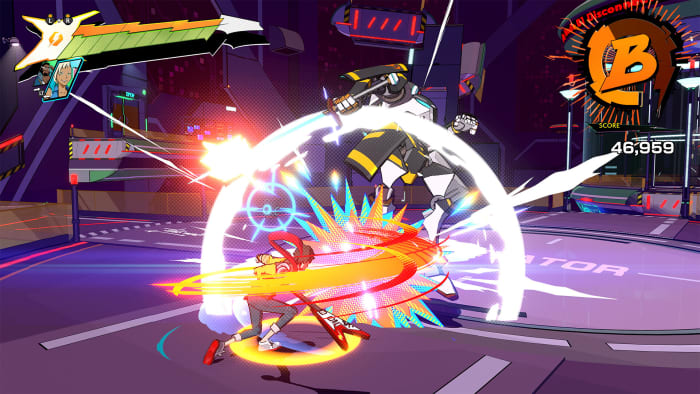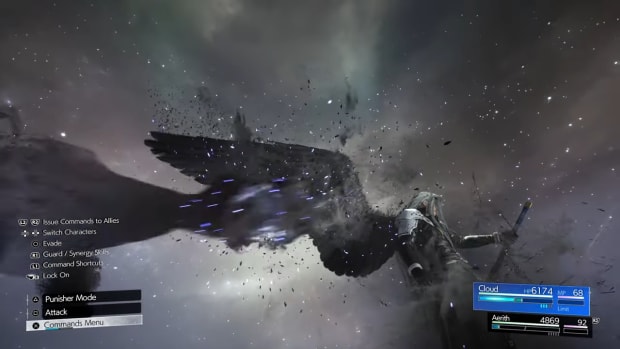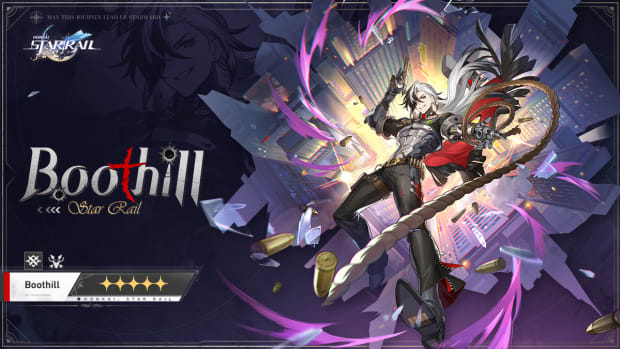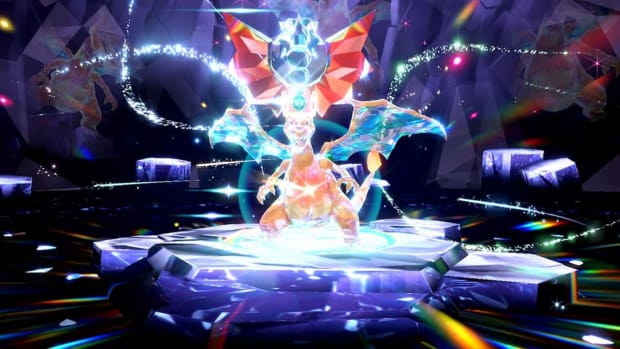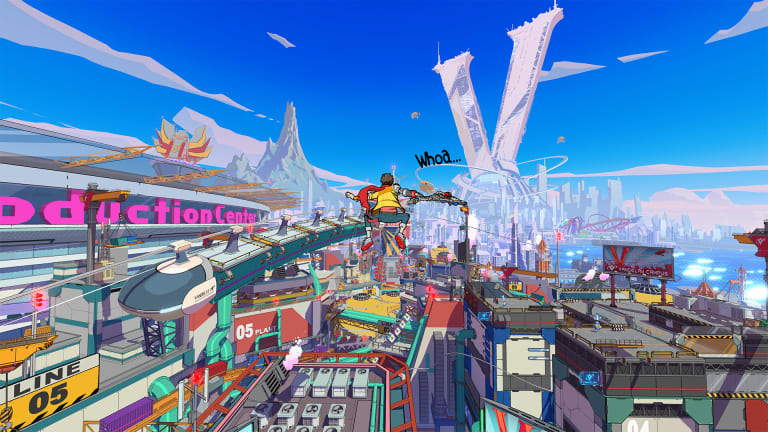
How Hi-Fi Rush had a successful shadow launch and why it wouldn’t work for most games
Hi-Fi Rush has been the word on gamers’ lips, as Xbox launched the game the day it was announced. Speaking to GLHF, director John Johanas explained that it was publisher Bethesda’s idea, but Tango Gameworks were on board with the risk. And it was a risk. While launching a game like this saves on marketing and advertising costs, it relies instead on the fickle concept of word of mouth. People that may have gotten sucked in by the witchcraft that is a good PR campaign, don’t have that run-up hype to propel them into purchases.
Instead, people must play and enjoy your game, and then recommend it to others to do the same. This only works if you know what you have is good. Tango obviously did, as Johanas explains, “Internally we were super, super confident about what we had.” The studio knew the game’s obviously high quality, and combined with its immediate launch on Xbox Game Pass consumers wouldn’t really be losing out if they didn’t enjoy it.
The Game Pass launch allows a wider market of players to give it a try, and therefore be able to recommend it to others. Game Pass was crucial to Hi-Fi Rush’s success, and it’s one of the big reasons why other games can’t afford to do the same. People saw their first taste of gameplay footage, and all those who were interested could try it out almost immediately. This gave the snowball effect, going from anticipation to satisfaction in mere hours.
Fans have praised the launch of Hi-Fi Rush, saving them from years of rumors and expectations. Announcing a game early can have a number of negative side effects. It can go through development hell like Beyond Good and Evil 2, which has been in development for 15 years, or it can launch to mass disappointment like No Man’s Sky. Both are bad omens for your audience. There are definitely benefits to Hi-Fi Rush’s marketing strategy, but not it’s not something every game could do.
We’ve already spoken about how in order to launch this way, the game both has to be good, and be available to a large audience at a low cost. However, much more than this played into its success. Hi-Fi Rush was developed by Tango, a studio with a number of quality games under its belt already. It was published by Bethesda, known for The Elder Scrolls, Doom, and Wolfenstein. Finally, it was announced at the Xbox Developer Direct, a showcase with a major console’s name behind it, guaranteeing the world was watching.
This gave it a triple-lock seal of approval, with all three companies clearly confident in the game. Getting the name out there was crucial, and Xbox’s backing ensured that people would know it was out. If a small developer did the same type of reveal, you’re not only relying on word of mouth that the game is good, but that it even exists at all.
There is one final piece that was important for Hi-Fi Rush’s success, and that is all down to the game itself. It’s surprising. It’s different. In an industry that is saturated with first-person shooters, and open-world action games, it’s a breath of fresh air. People wanted to try it, simply because it was unlike any game they had played before. Its announcement engaged people, excited them, and made them eager to see more. Had Hi-Fi Rush been a continuation of Tango’s other games, I doubt it would have received the same reception.
The stealth launch of Hi-Fi Rush was refreshing for gamers, but it’s the kind of magic in a bottle that can’t always be captured. If this kind of launch became the norm, then people would soon grow bored, and not feel compelled to download these games immediately. Perhaps it could be attempted in a few years, when people have forgotten about the excitement of this release, but it’d have to be the right game, at the right time, and most of all it’d have to be good.

